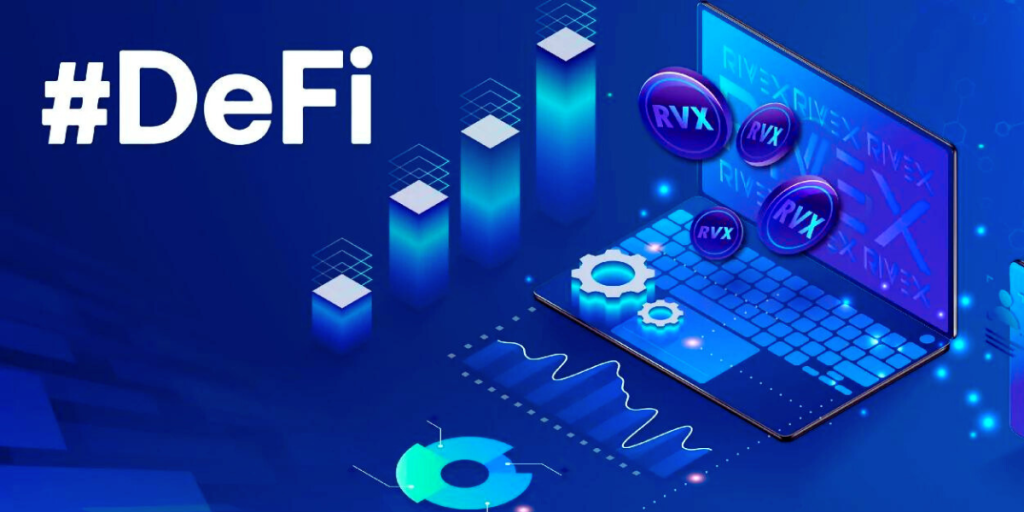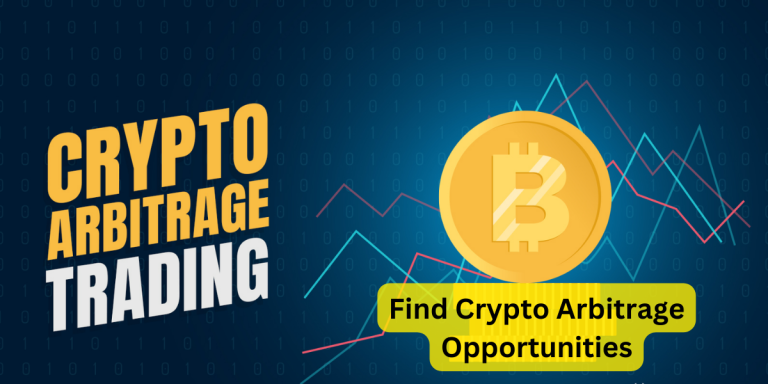Decentralized Finance (DeFi): Revolutionizing the Financial Landscape

Image Source: Unsplash

Introduction
The world of finance is undergoing a paradigm shift with the emergence of Decentralized Finance (DeFi). Built on secure distributed ledgers similar to those used by cryptocurrencies, DeFi is revolutionizing the financial landscape by challenging the traditional centralized banking system. In this article, we will explore the concept of DeFi, its advantages, use cases, and the future it holds.
Understanding Decentralized Finance
Decentralized finance, or DeFi, is an emerging financial technology that leverages blockchain and smart contract technology to remove intermediaries and centralized institutions from financial transactions. Unlike traditional banking systems, which rely on central authorities, DeFi empowers individuals by enabling peer-to-peer digital exchanges. This eliminates the need for costly intermediaries and reduces transaction fees, making financial services more accessible to all.
The Difference Between Centralized Finance and DeFi
In centralized finance, financial transactions are facilitated by banks and third-party intermediaries. These intermediaries charge fees for their services, leading to higher costs for users. On the other hand, DeFi eliminates the need for intermediaries by allowing individuals, merchants, and businesses to conduct financial transactions directly through emerging technologies. This not only reduces costs but also increases transaction speed and accessibility.
Key Components of DeFi
Decentralized finance comprises several key components that enable its functionality. These components include stablecoins, software, and hardware that facilitate the development of decentralized applications (dApps). Stablecoins are cryptocurrencies that are pegged to real-world assets, such as the U.S. dollar, to ensure price stability. Software and hardware advancements provide the infrastructure necessary for secure and efficient financial transactions.
Advantages of DeFi
Accessibility
One of the primary advantages of DeFi is its accessibility. Anyone with an internet connection can access DeFi platforms and participate in financial transactions, regardless of their geographical location. This opens up opportunities for individuals who are traditionally excluded from the traditional financial system.
Lower Fees and Higher Interest Rates
DeFi enables individuals to directly negotiate interest rates and lend money through decentralized networks. This eliminates the need for intermediaries, such as banks, and allows borrowers to access loans at more favorable rates. Similarly, lenders can earn higher interest rates by lending their funds directly to borrowers through DeFi platforms.
Security and Transparency
DeFi leverages blockchain technology, which provides a high level of security and transparency. Transactions recorded on the blockchain are immutable and cannot be altered, ensuring the integrity of financial data. Additionally, smart contracts, which are self-executing contracts with the terms of the agreement directly written into code, provide transparency and eliminate the need for trust in counterparties.
Use Cases of DeFi
Decentralized Exchanges (DEXs)
Decentralized exchanges allow users to trade cryptocurrencies directly with one another without the need for intermediaries. These exchanges operate on blockchain networks and enable users to maintain control over their funds throughout the trading process. Popular DEXs include Uniswap and SushiSwap.
Stablecoins
Stablecoins are cryptocurrencies that are pegged to real-world assets, such as fiat currencies or commodities. They provide stability in the volatile cryptocurrency market and can be used for various financial transactions, including remittances and payments. Examples of stablecoins include Tether (USDT) and USD Coin (USDC).
Lending Platforms
DeFi lending platforms enable individuals to borrow and lend cryptocurrencies without the need for traditional financial institutions. Borrowers can use their crypto assets as collateral to secure loans, while lenders can earn interest by lending their funds to borrowers. Popular lending platforms in the DeFi space include Compound and Aave.
Prediction Markets
Prediction markets allow users to bet on the outcome of future events, such as elections or sports events. DeFi prediction markets eliminate the need for intermediaries and provide a decentralized platform for users to engage in betting activities. Augur and Gnosis are examples of DeFi prediction market platforms.
Yield Farming
Yield farming involves utilizing DeFi protocols to optimize returns on cryptocurrency holdings. Users can stake their assets in liquidity pools or participate in governance activities to earn additional tokens as rewards. Yield farming requires careful analysis and understanding of different protocols to maximize returns.
Challenges and Future of DeFi
While DeFi holds immense potential, it also faces several challenges. Security vulnerabilities and the risk of smart contract bugs pose risks to user funds. Scalability issues, such as network congestion, have also been observed during periods of high demand. Additionally, regulatory frameworks and compliance requirements are still evolving in the DeFi space.
The future of DeFi looks promising as developers continue to address these challenges. Upcoming upgrades, such as Ethereum 2.0, aim to improve scalability and security, making DeFi more robust and user-friendly. As DeFi gains mainstream adoption, it has the potential to disrupt traditional financial systems and empower individuals with greater financial control.
Conclusion
Decentralized finance (DeFi) is transforming the financial landscape by leveraging blockchain and smart contract technology. By eliminating intermediaries, DeFi provides individuals with increased accessibility, lower fees, and enhanced security in financial transactions. With its various use cases and ongoing advancements, DeFi has the potential to revolutionize the way we engage with financial services. As the DeFi ecosystem evolves, it is crucial for users to stay informed, exercise caution, and explore the numerous opportunities that DeFi presents.
Investing in cryptocurrencies and DeFi projects carries inherent risks, and individuals should conduct thorough research and seek professional advice before making any financial decisions.
Disclaimer: The information provided in this article is for educational purposes only and should not be considered financial or investment advice. Always do your own research and consult with a qualified professional before making any investment decisions.

